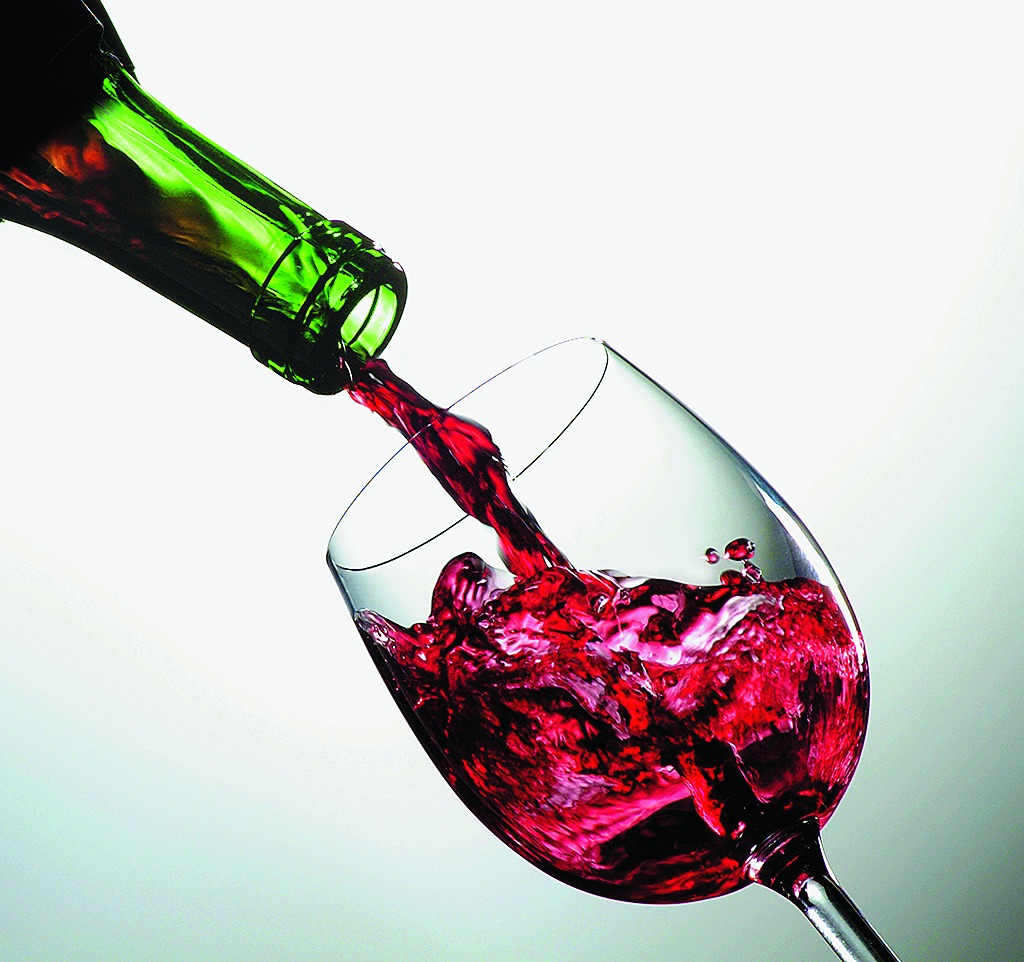
Almost a quarter of a century ago, the editor of the prestigious New England Journal of Medicine drew attention in an article headlined "What should the public believe?" to the understandable perplexity for many induced by the constant flow of contradictory scientific studies implicating every aspect of daily life in some dire disease or other.
"People substitute margarine for butter, only to learn it may be worse for their arteries. They switch from sugar to saccharine, only to be told it is associated with bladder cancer. The pendulum swings back and forth, generating an 'epidemic of anxiety'."
Twenty-five years on, nothing has changed. Two months ago, a senior judge in California ruled that, in the light of recent findings, coffee retailers must display a prominent notice warning customers of its potential to cause cancer. Then, last week, a major study involving half a million people found, on the contrary, that drinking six cups of coffee a day is highly beneficial, reducing the risk of dying from any cause. This is junk science, and the public should sensibly believe none of it.
Indeed, there are only two lifestyle habits reliably demonstrated to have health implications - both originating from the same credible source.
Back in the early Fifties, epidemiologist Austin Bradford Hill wrote to the 60,000 doctors on the medical register, asking them to fill in a short questionnaire on how much they smoked and their alcohol consumption.
Forty years later, almost half of those who participated had died, and there is a memorable simplicity to the relevant medical statistics. Those doctors who had reported smoking 20 (or more) cigarettes a day had a 25-fold increased risk of lung cancer compared to non-smokers.
By contrast, the findings for alcohol consumption were quite different. Here, it emerged that, compared to teetotallers or heavy drinkers, doctors drinking four glasses of wine a day (or its equivalent) not only lived longer, but reduced their risk of a heart attack by almost half. The late distinguished medical commentator, Dr Thomas Stuttaford, claimed that "moderate drinkers can expect not just a longer but also a happier life".
This was particularly so for the oldies: "In no age group is the social drink more important. A glass of wine does more good than a whole packet of antidepressants," the good doctor had said.
Dr Stuttaford would have been just too young to have participated in Prof Bradford Hill's landmark study, but his death, aged 87, is ample testimony to those unequivocal findings on the merits of not smoking, but drinking sensibly.











